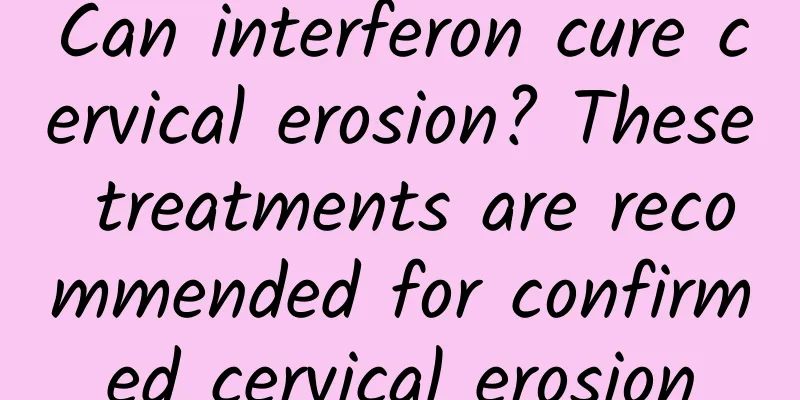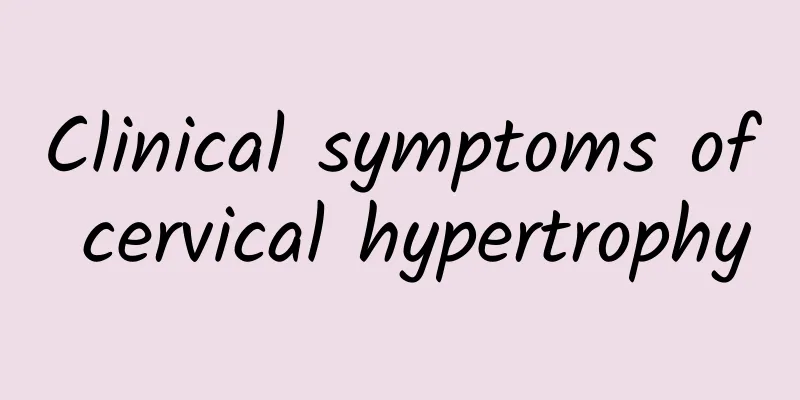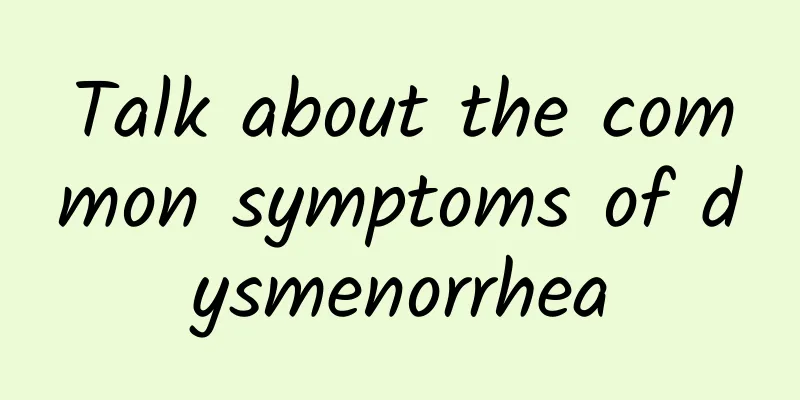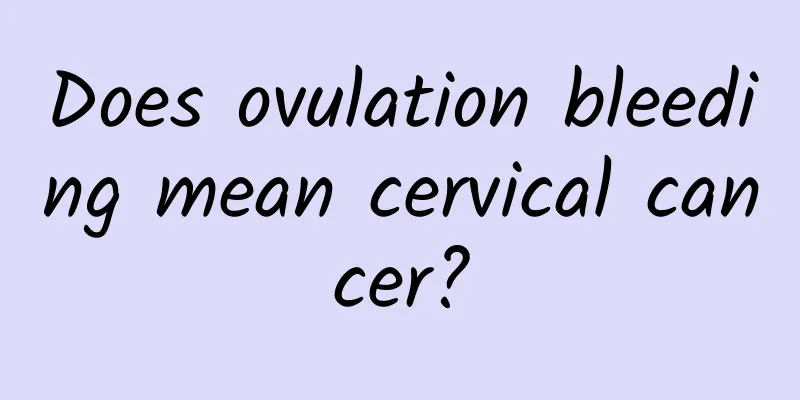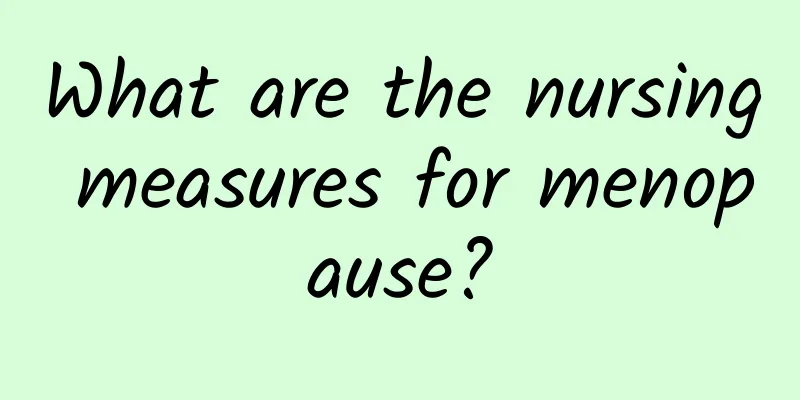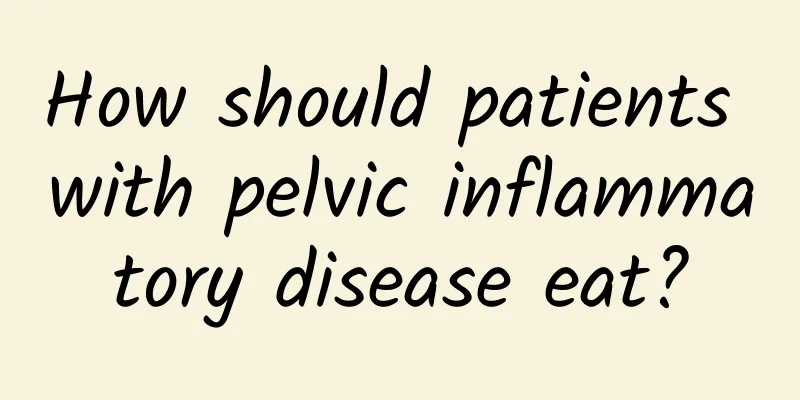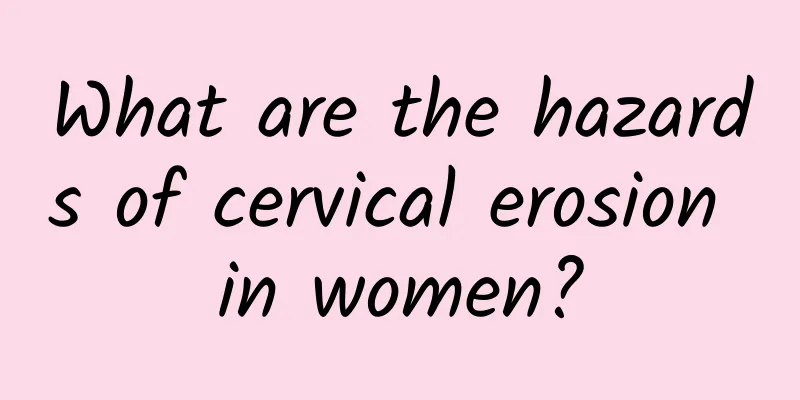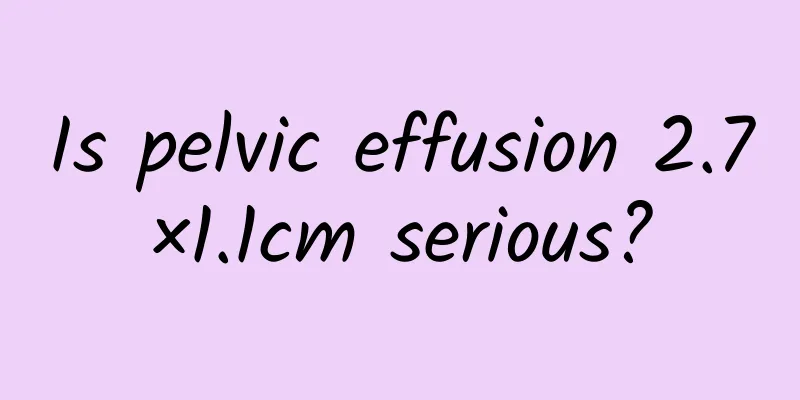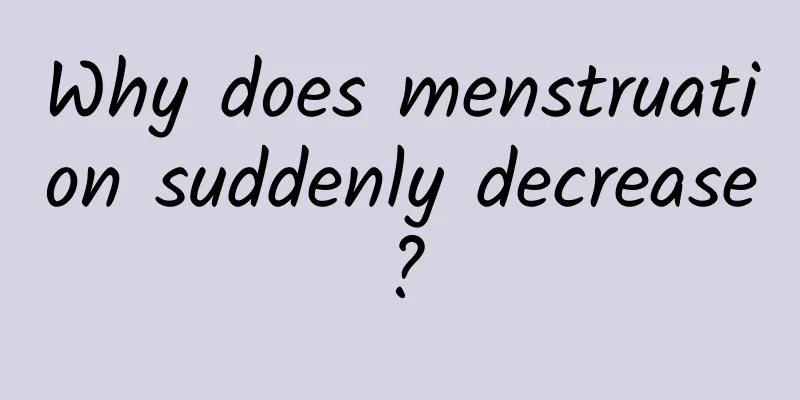Are endometrial polyps uterine cysts?
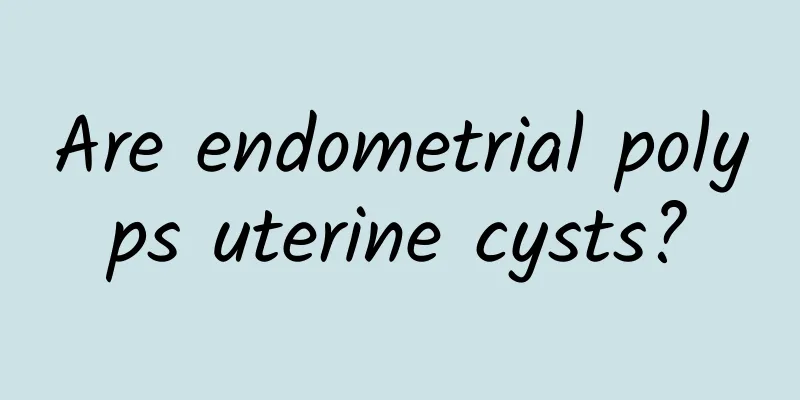
|
Endometrial polyps and uterine cysts are two different conditions. Endometrial polyps are small, usually benign, thickenings of a portion of the endometrium that protrude, while uterine cysts are fluid-filled, sac-like structures that may occur in the uterus or ovaries. Knowing the difference between the two can help with more accurate diagnosis and treatment. Endometrial polyps are usually benign and may cause symptoms such as irregular menstruation, infertility, or heavy menstrual bleeding. Polyps are caused by excessive growth of the endometrium, which may be related to fluctuating hormone levels and chronic inflammation. In contrast, uterine cysts can have a variety of causes, such as infection, fluid-filled cysts, or degeneration of uterine fibroids. Although both may have no obvious symptoms, uterine cysts are more likely to cause lower abdominal pain or pressure and be discovered during a physical exam or ultrasound. Endometrial polyps are usually benign and may cause symptoms such as irregular menstruation, infertility, or heavy menstrual bleeding. Polyps are caused by excessive growth of the endometrium, which may be related to fluctuating hormone levels and chronic inflammation. In contrast, uterine cysts can have a variety of causes, such as infection, fluid-filled cysts, or degeneration of uterine fibroids. Although both may have no obvious symptoms, uterine cysts are more likely to cause lower abdominal pain or pressure and be discovered during a physical exam or ultrasound. If you suspect you have endometrial polyps or cysts, you should see a doctor as soon as possible. Endometrial polyps can be removed through hysteroscopy, which is relatively simple and has a quick recovery. For uterine cysts, different surgical methods may be required depending on the size and nature of the cyst, including transvaginal cyst puncture, laparoscopic surgery, or transabdominal surgery. In terms of diet, eat more high-fiber foods and low-fat diets to maintain hormonal balance; moderate exercise can help improve blood circulation and relieve symptoms. If you experience persistent abdominal discomfort or menstrual abnormalities, you should seek medical attention immediately for timely and effective treatment. |
<<: Is it easy to get pregnant with pelvic effusion and cervical erosion?
>>: Are functional uterine bleeding and irregular menstruation the same? How to treat it?
Recommend
What to do with irregular menstruation? How to treat it?
What to do with irregular menstruation? How to tr...
Fresh items for wedding banquet return gifts! New fragrant rice peony blossom double pillow
The God of Joy is coming! How to give a wedding g...
Causes of threatened miscarriage
What are the causes of threatened abortion? There...
Love at first sight detox water! 4 simple steps
We all know that the first thing to do for detoxi...
What foods are good to eat after uterine fibroid surgery? What foods can you eat after uterine fibroid surgery?
Uterine fibroids are common benign tumors in wome...
The diet is very light, so why is the sodium content so high? 6 hidden high-sodium foods, be careful not to step on them
Although I eat a light diet, I often feel thirsty...
Common symptoms of cervicitis include increased leucorrhea
Common symptoms of cervicitis include increased v...
Expert advice: How to avoid sequelae of abortion
According to the survey, many women will suffer f...
Why do you get ovarian chocolate cysts?
What is ovarian chocolate cyst? At first glance a...
How can pregnant women prevent miscarriage?
How can pregnant women prevent miscarriage? Misca...
What are the symptoms of spontaneous abortion
Spontaneous abortion is a type of abortion that i...
How long is the recovery time after uterine fibroid surgery? What are the precautions for preventing uterine fibroids?
In the past, the age for hysterectomy for patient...
What tests are needed for pelvic effusion 23MM?
Pelvic effusion is divided into physiological eff...
The cost of initial treatment of hyperprolactinemia
Hyperprolactinemia is very harmful and highly con...
Several common causes of acute cervicitis
Among cervicitis, acute cervicitis has an acute o...
